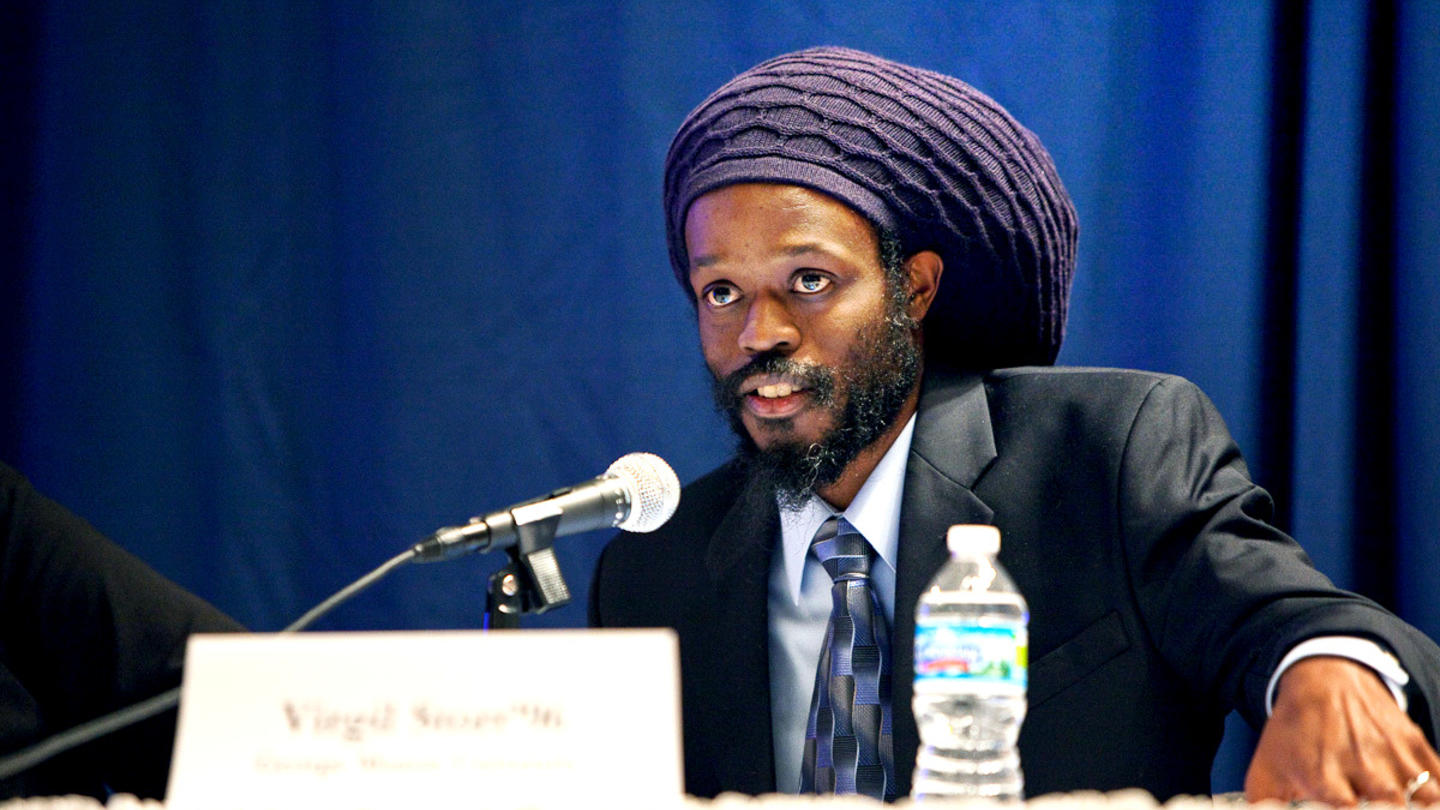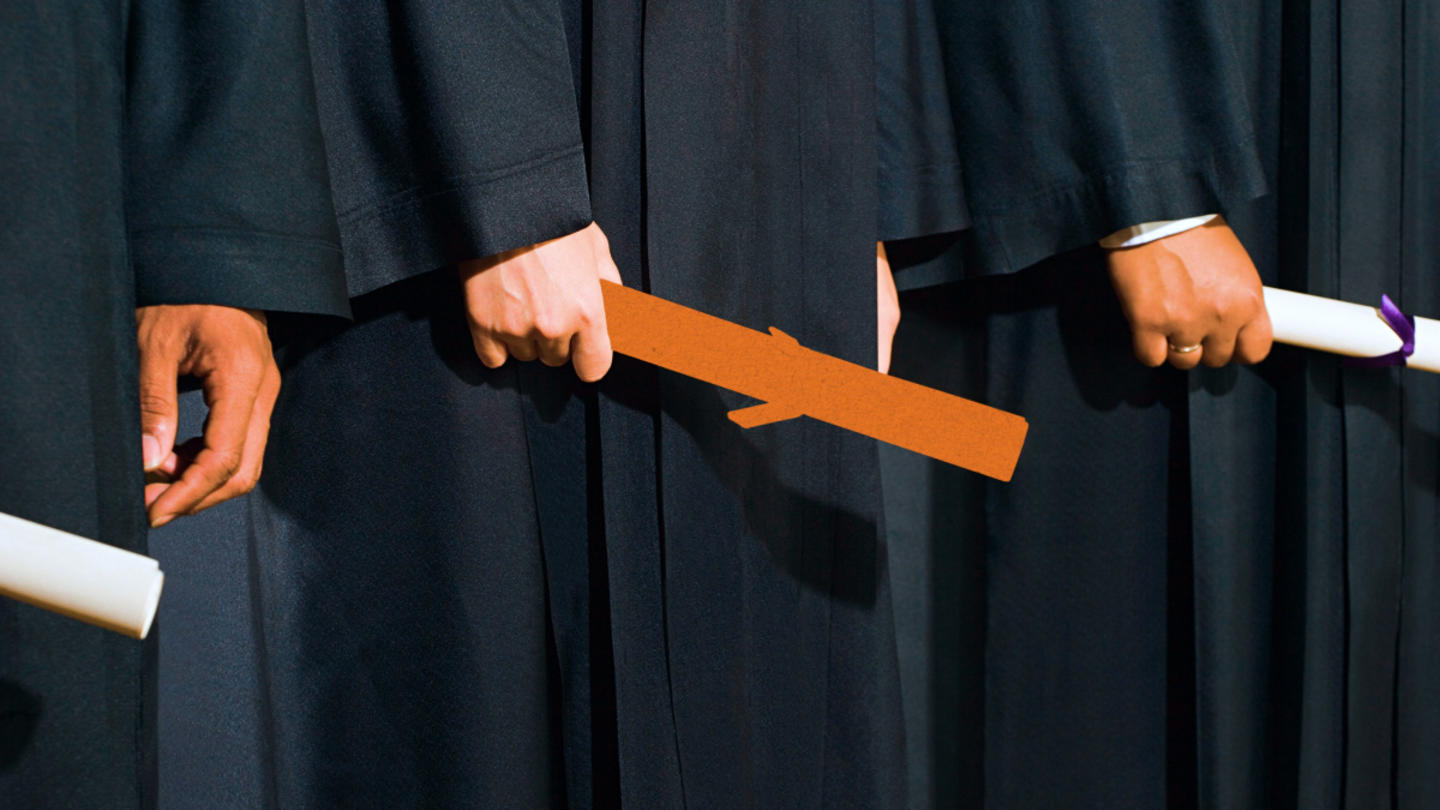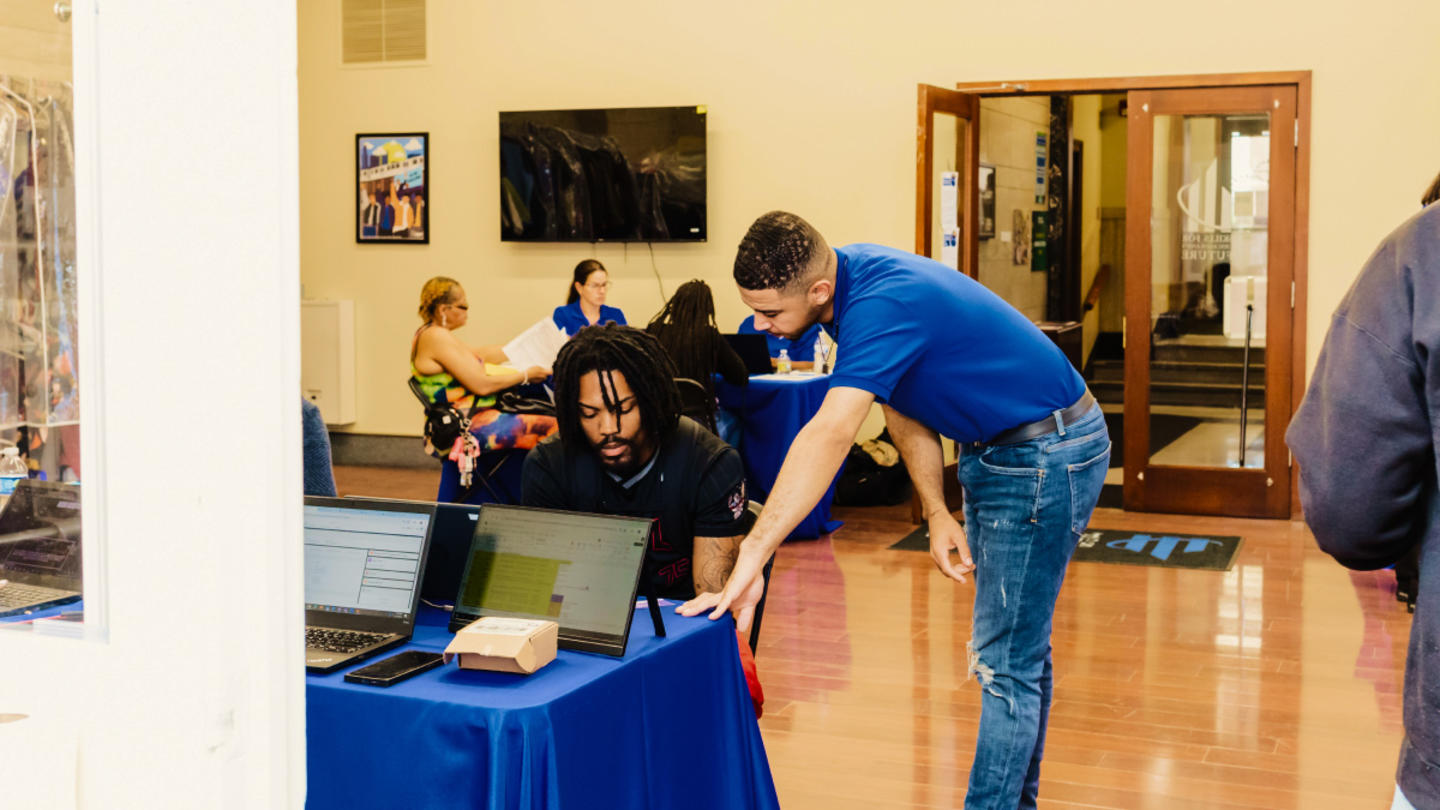Virgil Storr is Associate Professor of Economics at George Mason University and Vice President of Academic and Student Programs at GMU's Mercatus Center, where he is a senior research fellow with an avid interest in economics and developing promising young talent.
Stand Together: Does Mercatus have a formal talent development program? What does it look like?
Storr: Yes, we do have formal talent development program. We offer opportunities for students at George Mason as well as for students pursuing their graduate training elsewhere in any discipline. Each of these students is exposed to mainline political economy, especially the writings of Nobel laureates F.A. Hayek, James Buchanan, and Elinor Ostrom. Our fellowships create space where students learn to extend and apply this approach, and we encourage them to utilize this framework in their teaching and research or their policy work.
Can you recap the growth of your student programs and what drives your success in this area?
In a sense, Mercatus has always been about students. Forty years ago, when the center moved to George Mason University, our student program supported just a few undergraduates. Over a decade ago, we supported 15 Ph.D. students in economics at Mason. For the academic year just ended, our fellowship programs educated 282 students who were attending Mason as well as universities around the country and a few abroad—including many of the elite universities—in the political economy of Hayek, Buchanan, and Ostrom.
While this growth in the last decade has been quite robust, we actually haven't kept up with demand for our training. For instance, we accept less than 25 percent of the applicants into our fellowship programs for non-Mason based students. Applications just closed for the 2020-21 school year, and we received more than 1,400 applications for 200 places. That's a 32 percent increase in applications from last year.
A consistent theme in those applications is that prospective students view us as offering an approach to political economy that they are unlikely to be exposed to in their home institutions and that they feel will offer needed insight as they attempt to make sense of the world in their academic or policy careers.
Can you provide quick examples of success?
Regarding students from our Mason-based Ph.D. Fellowship program, while the range of books and articles they've produced is impressive, I think I'm most proud that so many of our student fellows go on to be really effective and compelling teachers of economics. This is true of our students who end up with jobs at places like Brown or Penn and for our students who end up at strong liberal arts colleges or state universities. Regarding our Mason-based M.A. Fellowship program, I think it would be the students working in various government agencies at the federal, state, and local levels who continue to deploy an approach to policy analysis that utilizes the tools that they have learned here. Regarding our programs for student fellows from universities other than Mason, I think I'm proudest of how many of them openly engage with the approach to political economy that we expose them to.
How do you engage with students after programs to help ensure they're successful?
Within a few years we will have almost a thousand alumni. Every year we have a fifth of them back for colloquia where they explore and develop fresh research in this area. Given the current situation with COVID-19, we are finding new ways to engage with and mentor alumni with a variety of online programming.
As Vice President of Academic and Student Programs, what is the most effective and engaging way to help all students discover, develop, and apply their innate abilities?
Mentorship. Student education is a labor-intensive effort that doesn't just take place in the classroom or in the seminar but in hours of out-of-classroom exchanges. The most successful in our trade will have developed into scholars or policy analysts because they were apprenticed to successful scholars and policy analysts.
What do you believe you've done as a scholar that has made the greatest impact?
I'm particularly proud of my most recent book Do Markets Corrupt Our Morals?, co-written with a former student and now colleague Ginny Choi. Despite the tremendous wealth that we gain as a result of markets, they get something of a bad rap. Critics of markets from Aristotle through Marx to the present day complain that while markets deliver the material goods, they fail to deliver the social and moral goods. Ginny and I find that the evidence does not support this criticism. People living in market societies are wealthier, healthier, happier, and better connected than people living in nonmarket societies.
Moreover, people living in market societies are more charitable, more tolerant, more trusting and trustworthy, less materialistic, and less corrupt than people living in nonmarket societies. This message is more important now than ever—especially when it's tempting to abandon markets in favor of a government-led response to the COVID-19 crisis. At a time when so many seem to have negative views of markets and support for socialism seems to be growing, this book has the potential to be the most important book I've ever written.
In the news, there are frequent reports that socialism is growing in popularity, especially among people 18-25. Are you optimistic that people, especially young people, will appreciate the value of markets that you highlight in your book?
I am optimistic because I think young people are more dissatisfied with crony capitalism and how that imperils their future than they are eager to embrace socialism. Cronyism is antithetical to markets and voluntary exchange. I'm also optimistic because I'm convinced that young people genuinely want to understand and improve the world.
Learn more about Stand Together’s efforts to transform the future of work and explore ways you can partner with us.




